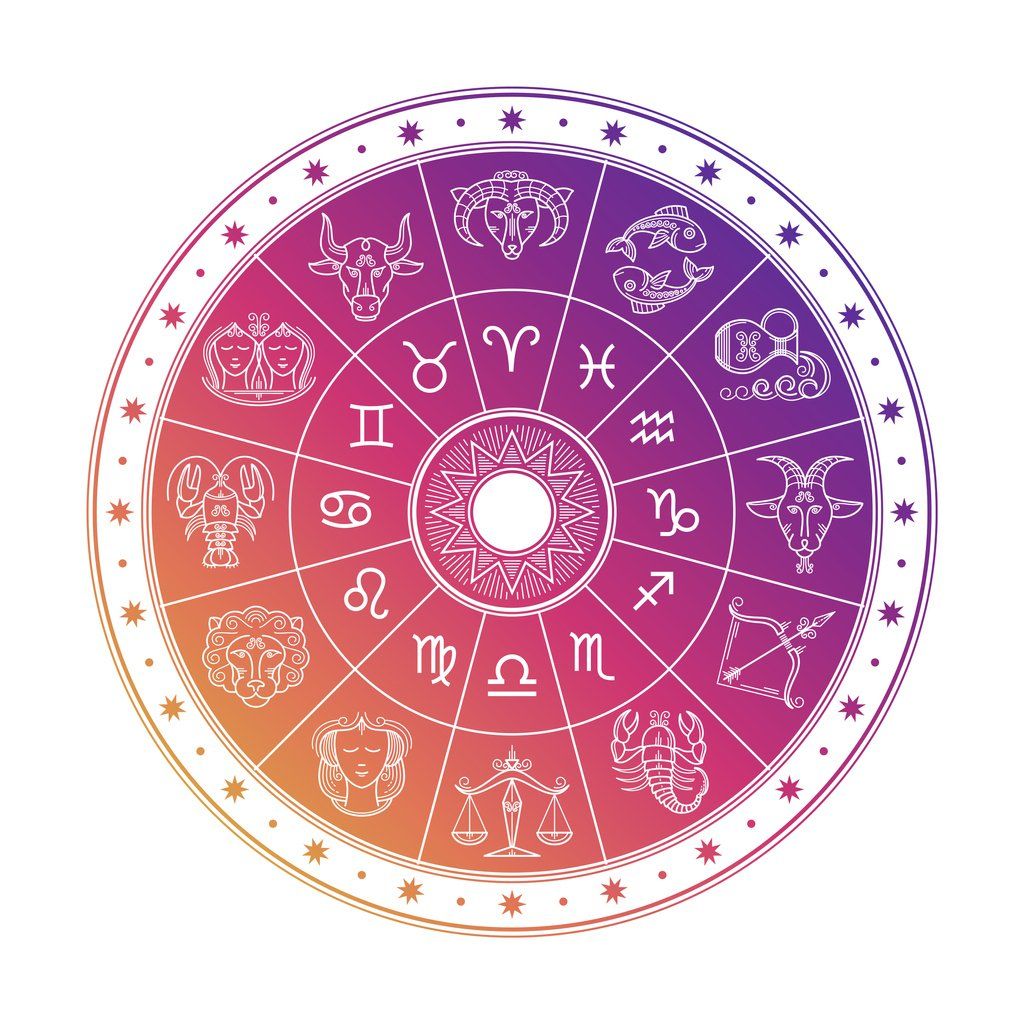Too Young to Be Infertile?
Older women are frequently the focus of fertility treatment, but younger women have trouble getting pregnant too. Problems with fertility are not easy for a woman at any age but younger women are often shocked to discover they cannot easily fall pregnant after trying for a year. Generally a younger woman who is having trouble with fertility may have issues such as PCOS (poly cystic ovarian syndrome), endometriosis, fibroids or pelvic inflammatory disease. Sometimes, though a younger woman will have trouble with the number of follicles or the function of these, which may be diagnosed as premature ovarian failure, POF or POI, primary ovarian insufficiency.
Please note, it isn’t always the woman’s issue – for men, low sperm counts or poor sperm shape (poor morphology) due to exposure to pesticides and heavy metals or poor nutrition are problems I see in the clinic as well. Sadly for some couples both parties may have a part – a woman who has trouble ovulating regularly and her partner who has trouble with sperm count, shape or function. I recommend at least nutritional and herbal treatment for men even when they don’t have a known fertility issue.
For today I’m going to address PCOS, primarily, as is one of the most common fertility issues I see, and it is the most common cause of female infertility according to the US Department of Health and Human Services. In PCOS a woman does not have a regular menstrual cycle because she does not ovulate. Rather than producing a mature follicle, her ovaries do not stimulate the follicle to mature and instead they remain as cysts. This then puts a stop to the entire menstrual cycle and there is no menstruation as the body is not producing hormones needed for it to occur.
Every woman with PCOS is not the same. Some women ovulate a few times a year, some more infrequently than that, and some more often. The condition is an endocrine disorder, so often women are given medications to influence the endocrine system such as metformin, which is used to treat diabetes as it helps control blood sugar and reduces testosterone (from the US Dept of Health and Human Services PCOS website).
What can you do if you have PCOS? A great place to start is to change your diet by removing sugar and reducing carbohydrates. Adding exercise is another good step in conjunction with diet changes, as it will help your body regulate blood sugar. These changes can result in significant changes to your body and potentially your menstrual cycle.
Acupuncture treatment for the woman with PCOS begins by first diagnosing the Chinese medical pattern, which varies by person. Generally, though, treatment focuses on strengthening the kidney system, which might mean strengthening kidney qi, yin or yang. The kidney system is the primary system involved in fertility, but other systems will be addressed as needed to regulate the cycle. Chinese medicine differs from western medicine in that each person with a disease or condition is not treated the same – at the first treatment I analyze your health history information, observe your tongue and feel your pulse, all to determine which Chinese medical patterns need to be addressed to bring your body back into balance. Typically, the process of regulating the cycle takes about three months.
While acupuncture and herbal treatments are different for each women, ultimately the goal is the same: to encourage your body to ovulate regularly so you know when you are fertile. This is achieved by choosing specific points in each week of the cycle to encourage cycle regularity.
I have experience with other fertility issues such as endometriosis and fibroids, which I will address in a future blog. Please note, these conditions will also be helped by many of the same suggestions made for PCOS sufferers, although individual acupuncture treatment and herbs may vary. I can say, though, that treating systemic inflammation and any digestive issues through acupuncture, herbs, supplements and diet can play a big role in enhancing fertility and reducing the severity of symptoms from fibroids and endometriosis. Many times these patients have other inflammatory issues which must be addressed as well for the best outcome.
If you are young and struggling with fertility I encourage you to persevere. The process may be longer than you would like and require major changes to your habits. It is also very important to take care of yourself emotionally, either through support groups, individual therapy or friends and family. Taking these steps to care for your body and spirit, though, are worth the effort.
These are general guidelines; everyone’s body is unique. Please contact me for a consultation for your specific needs.















